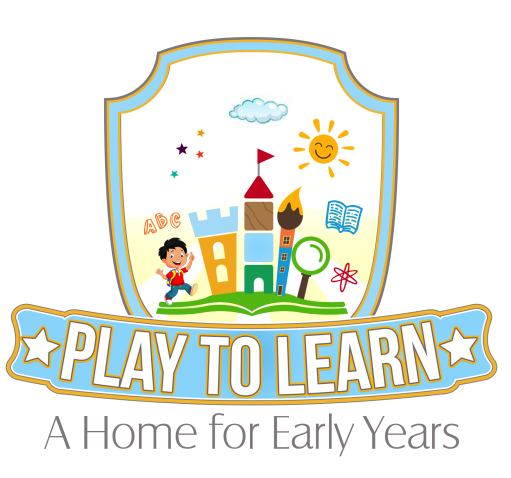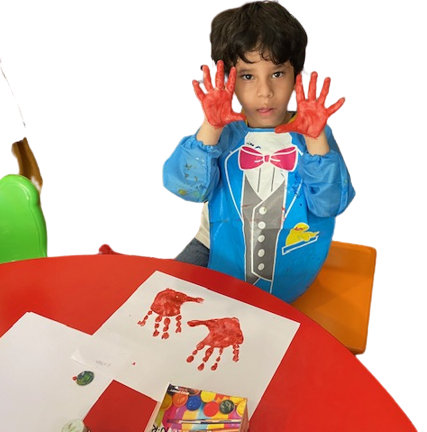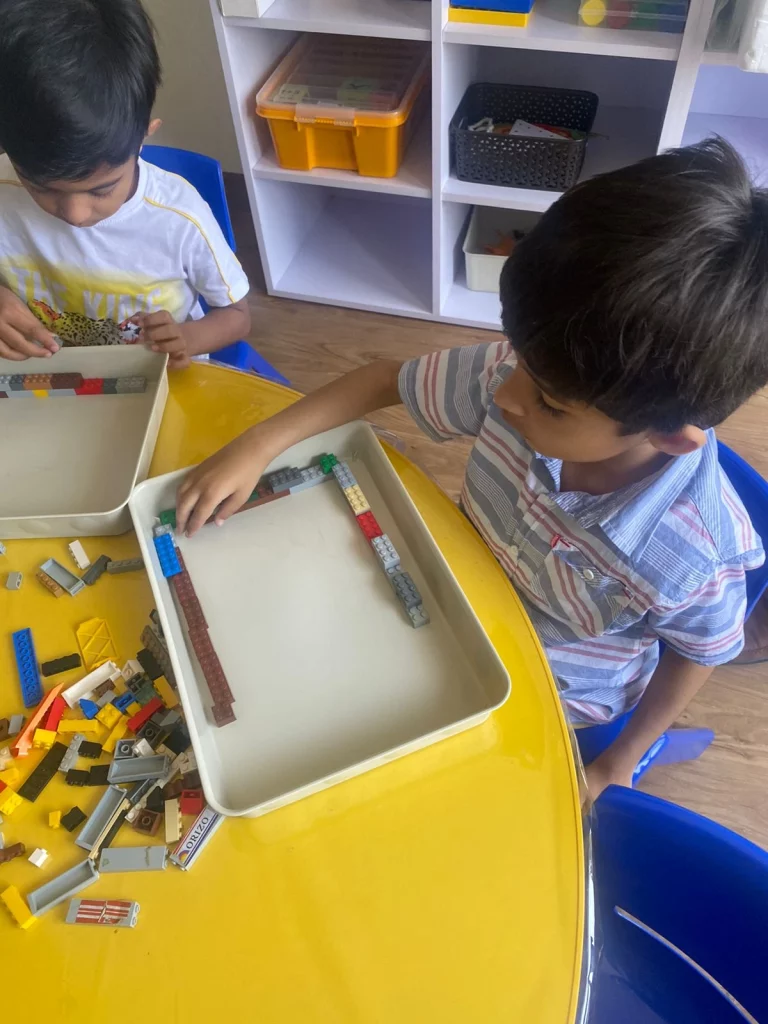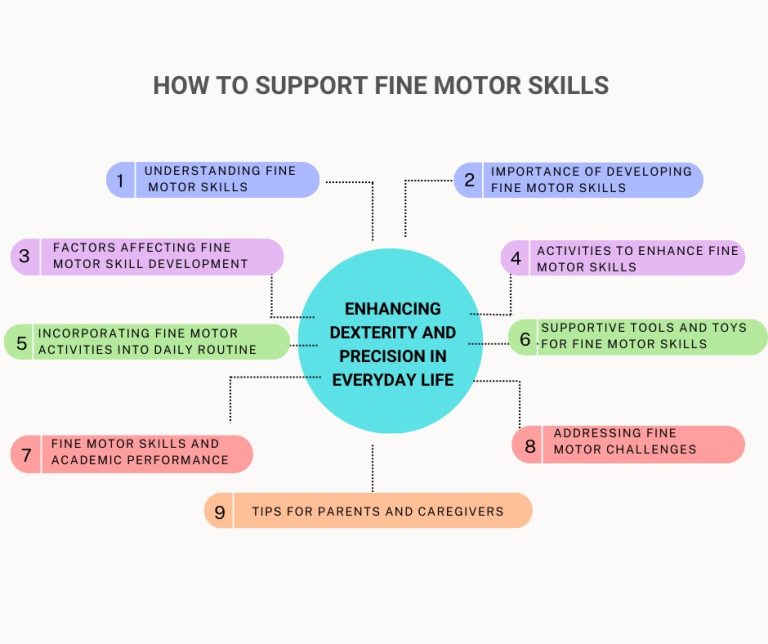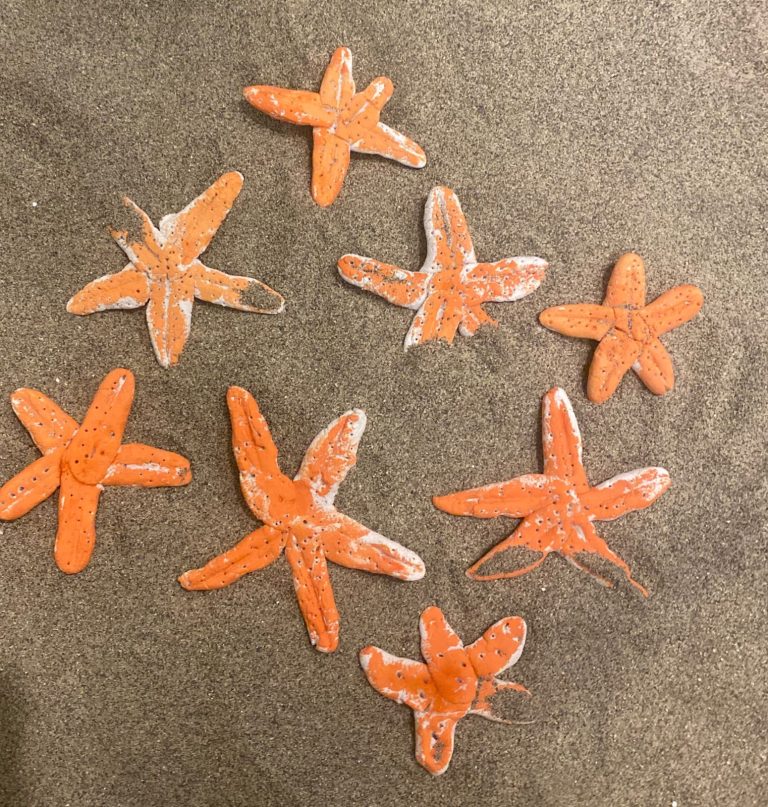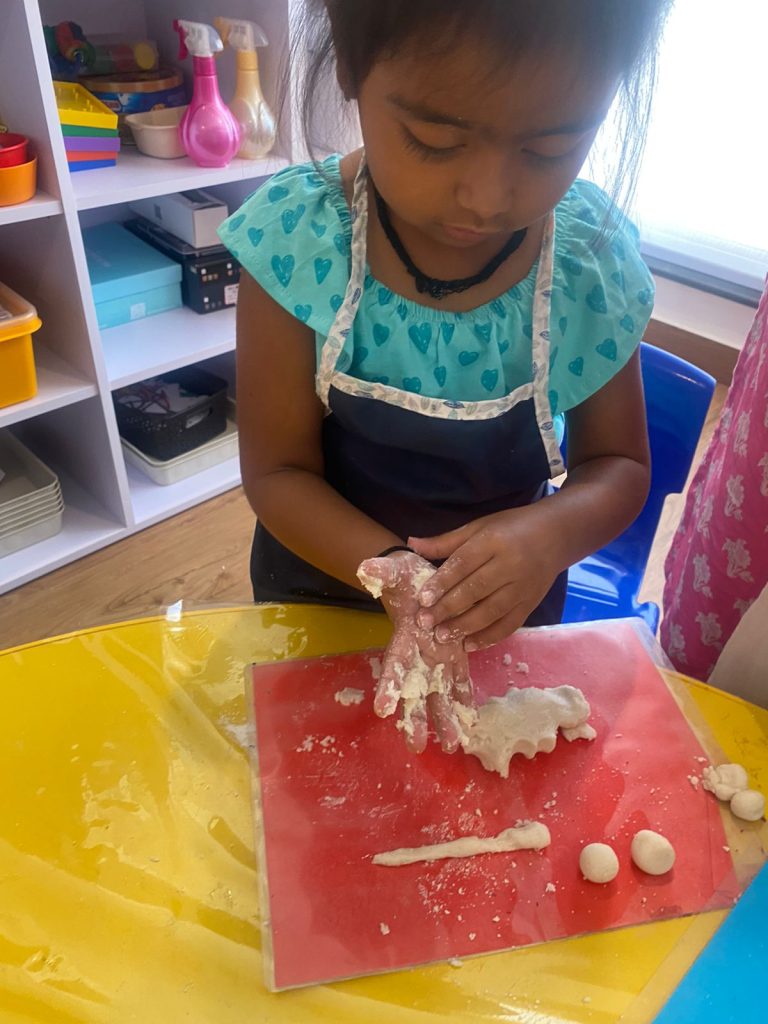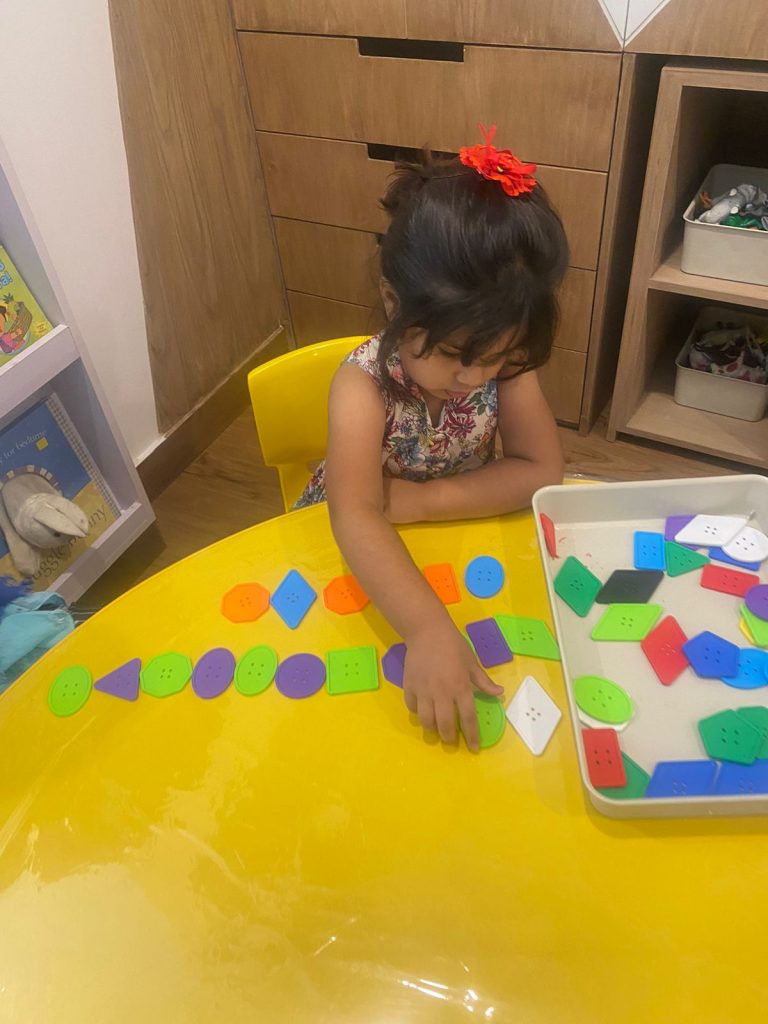16 Things Kids Learn in children
children play a crucial role in a child’s early development, providing them with a solid foundation for future academic and social success. These educational settings offer a diverse range of activities and lessons that cater to young minds’ curiosity and eagerness to learn. In this article, we will explore the essential things kids learn in children , highlighting the significance of early education in shaping a child’s growth and preparing them for a lifetime of learning.
- Social Skills: children provides a structured environment for children to learn how to interact with their peers and teachers, teaching them important social skills like sharing, taking turns, and cooperating.
- Communication Skills: Children learn to express themselves verbally and non-verbally, improving their language and communication abilities.
- Basic Academic Concepts: Children l introduces kids to basic academic concepts such as numbers, letters, colors, shapes, and sizes through fun and interactive activities.
- Early Literacy: Children encourage early literacy development by reading books, storytelling, and introducing phonics to help children with reading readiness.
- Pre-writing Skills: Kids start developing their fine motor skills, which are essential for writing, through activities like coloring, drawing, and using pencils.
- Problem-Solving Skills: Children engage in games and activities that promote problem-solving, critical thinking, and logical reasoning.
- Independence: Children fosters independence as kids learn to do tasks on their own, such as dressing themselves and tidying up after activities.
- Following Instructions: Children practice listening and following instructions from teachers, which is essential for learning and cooperation.
- Creativity and Imagination: Children encourage creativity and imaginative play, allowing children to express themselves and think outside the box.
- Physical Development: Children engage in activities that promote gross motor skills, such as running, jumping, and climbing, as well as fine motor skills, like using scissors or building with blocks.
- Cultural Awareness: Childrenoften celebrate cultural diversity, introducing kids to different traditions, customs, and holidays from around the world.
- Emotional Development: Kids learn to recognize and manage their emotions, as well as develop empathy for others.
- Routine and Structure: Children provides a daily routine and structure, helping children understand the concept of time and predictability.
- Hygiene and Self-Care: Children teach children about hygiene practices, such as handwashing, and self-care routines like using the restroom independently.
- Healthy Eating Habits: Children often encourage healthy eating habits by providing balanced meals and teaching about nutritious foods.
- Appreciation for Nature: Many children incorporate outdoor activities to foster an appreciation for nature and the environment.
Children are invaluable in a child’s early development, offering a diverse range of learning experiences that shape their cognitive, social, emotional, and physical growth. From developing vital social skills to fostering creativity and independence, the knowledge and experiences gained in Children set the stage for a lifetime of learning and personal growth.
